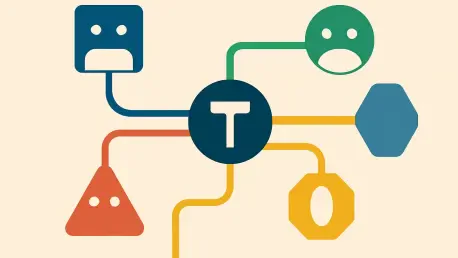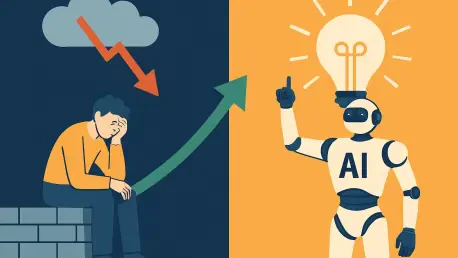
The discourse surrounding artificial intelligence has become dominated by a narrative of human obsolescence, fueling widespread anxiety that the rapid advancement of generative AI is destined to trigger mass unemployment across countless industries. However, a meticulous examination of both

The creative industries are rapidly approaching a critical juncture where the uncritical adoption of artificial intelligence threatens to homogenize design and diminish the very human spark that fuels innovation. A stark analysis suggests that if designers and creative professionals continue to

The relentless pursuit of more powerful and sophisticated AI models often overshadows a far more fundamental challenge that determines the success or failure of enterprise artificial intelligence initiatives. While many organizations can showcase impressive pilot projects operating in controlled,

The initial frenzy of embedding artificial intelligence into every conceivable business process has given way to a sober reality check, forcing leaders to confront the costly aftermath of unguided experimentation. The AI gold rush is over; the era of smart AI implementation has begun. This analysis

A groundbreaking social media platform built exclusively for artificial intelligence agents has experienced an explosive launch, attracting over a million bot users within weeks and signaling a new, unforeseen chapter in the evolution of autonomous AI systems. This new digital space, known as

The overwhelming majority of enterprise artificial intelligence initiatives, a staggering 95 percent, never move beyond the pilot phase, leaving a trail of unfulfilled promises and wasted investment despite widespread organizational enthusiasm. This high failure rate suggests the primary obstacle